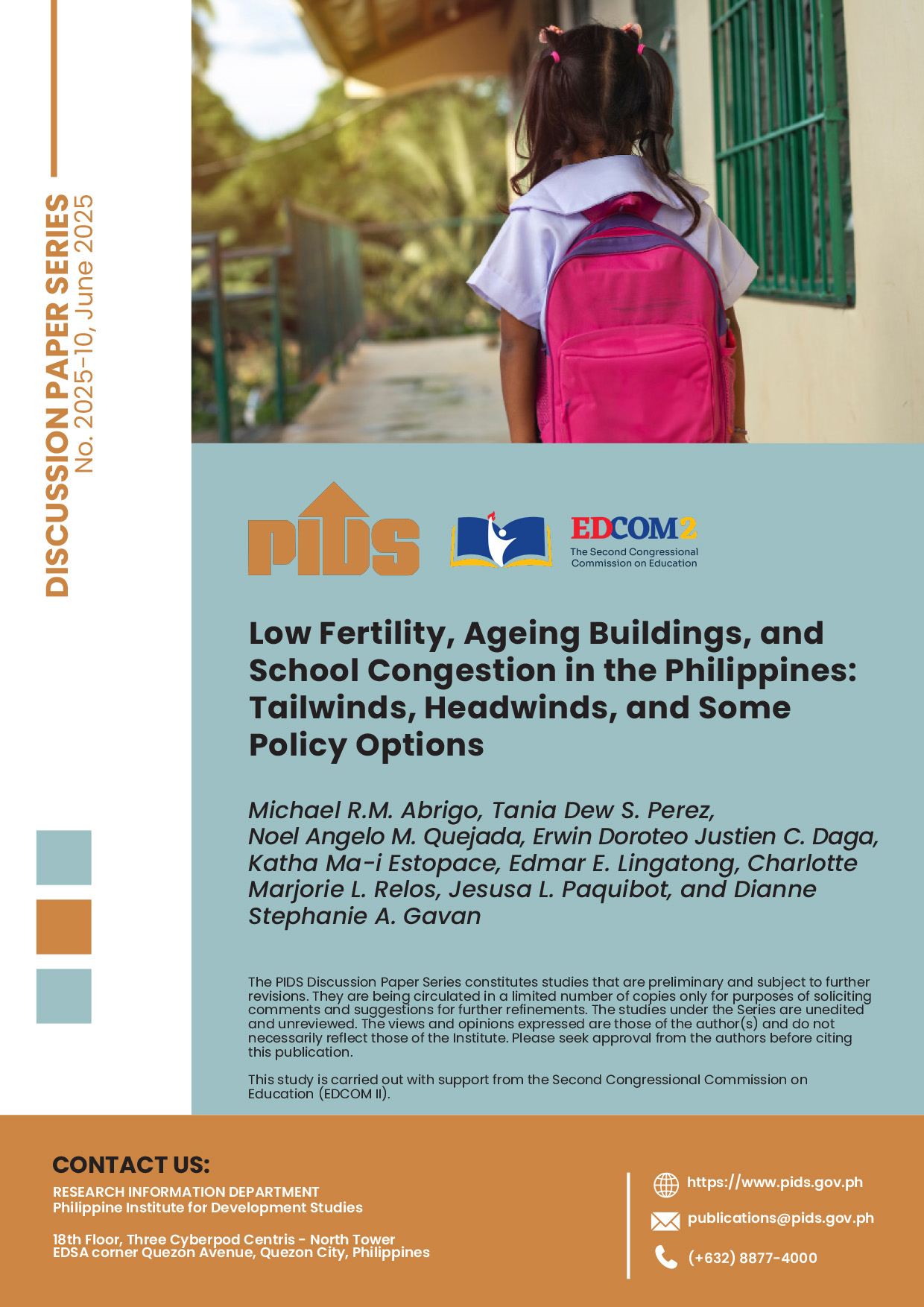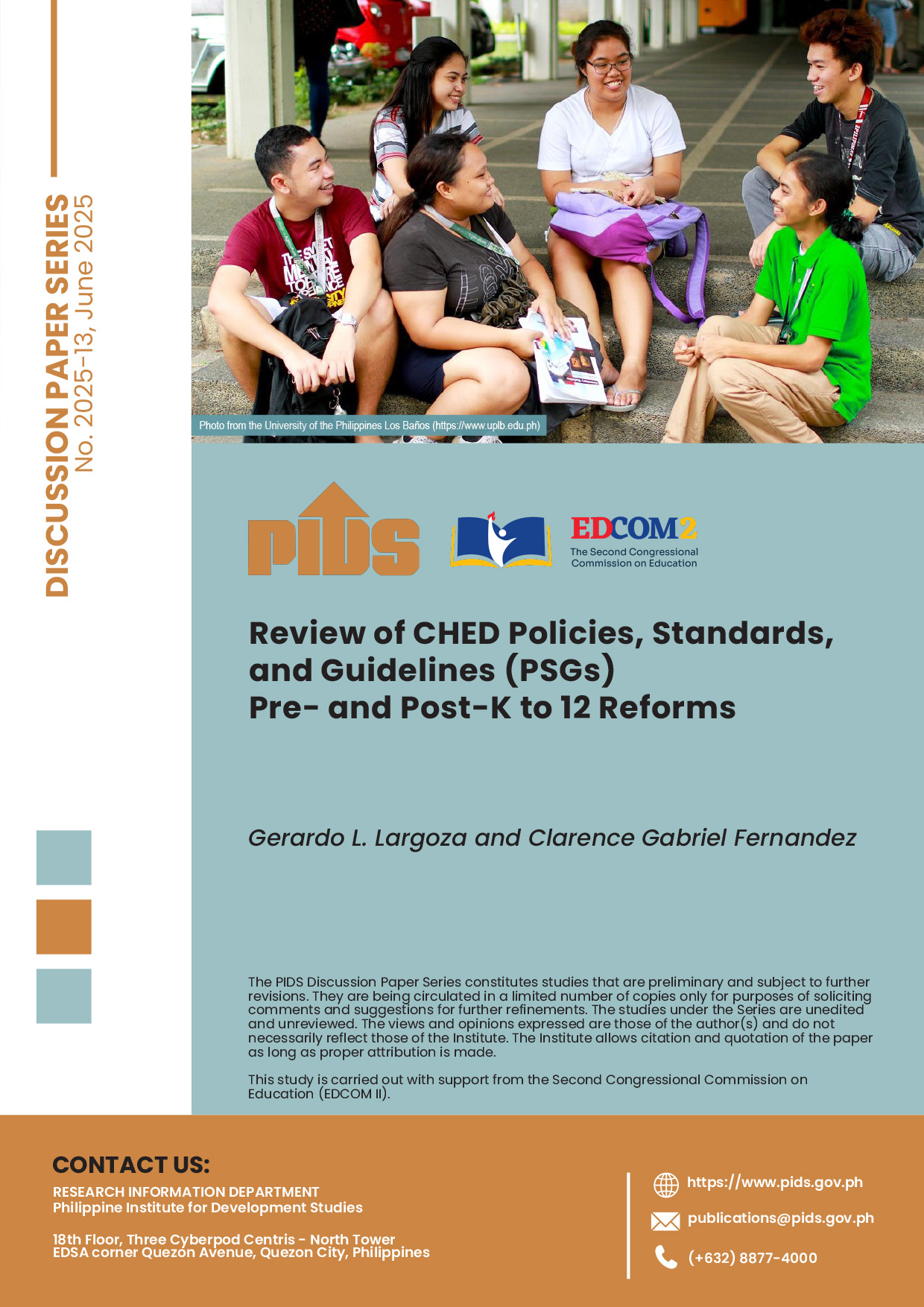The Philippines, considered the most unfavorable country for investors, must go beyond investment policy reforms and offer an enhanced overall business climate if it wants to catch up with its neighbors in Southeast Asia in attracting foreign investors
This is the suggestion of Philippine Institute for Development Studies (Pids), a respected body, that thinks the county is getting from bad to worse when it comes to foreign direct investments (FDIs) receipts.
Although several investment policy reforms in the past years have helped to channel FDIs to the country, the Philippines has lagged behind its regional counterparts in the Association of Southeast Asian Nations (Asean) in overall share.
This is largely due to weak institutional and regulatory mechanisms and poor infrastructure, said Gilberto Llanto, lead author of the study titled "Furthering the Implementation of AEC Blueprint Measures.”
"Considering the comparative advantage of the Philippines-availability of English-speaking, highly skilled workforce with strong cultural affinity to the United States, excellent geographical location and rich natural resource-FDI flow in the Philippines remains rather weak even after the initiated reforms and incentives,” the study published by PIDS and emailed to select publications, including this paper, said.
But economic liberalization and investment reforms, including opening up the economy to greater foreign ownership and control, are not enough to generate much-needed investments or boost the country’s weak economic fundamentals, it added.
The Philippines has to improve its overall investment climate, economic competitiveness, and growth prospects as well.
The study cited an earlier World Bank group assessment that simply removing foreign equity restrictions is not sufficient for countries to attract and retain foreign investments.
"It must be complemented by other requirements such as good regulations, strong investment climate fundamentals, well-functioning institutions, economic and political stability and respect for rule of law,’” said the study.
The research authors also pointed to the importance of implementing reforms in line with the Asean Comprehensive Investment Area (ACIA)-the region’s principal investment cooperation program that promotes international best practices and adopts the key pillars of liberalization, protection, facilitation, and promotion.
This entails taking initiatives to improve the domestic business environment, economic regulations and corporate governance, and labor laws.
ACIA also calls for developing logistics infrastructure, stabilizing legal and economic systems, and adjusting measures.
On constitutional restrictions on land ownership, the authors suggested supporting stronger lease rights with provisions that allow lessees to sublease, subdivide, transfer or use lease rights as collateral.
The government has to press on with measures that will "encourage competition and strengthen institutional and regulatory framework, especially in public utilities,” said the paper.
Earlier, the Bangko Sentral ng Pilipinas (BSP) in an official statement released last month said the Philippines experienced sharp declines in FDIs in the first quarter of the year.
BSP said FDI inflows in the period amounted to $851 million, lower by 50.4 percent compared to the $1.7 billion posted in the same period last year.
Moreover, a report by the United Nations Conference on Trade and Development published June this year placed the Philippines in sixth place only in FDI flows to the 10 economies of Southeast Asia in 2014.
The country is in sixth place behind Singapore, the perennial leader in FDI receipt since the early 90s, Indonesia, Thailand, Malaysia and Vietnam, in FDI receipts.












